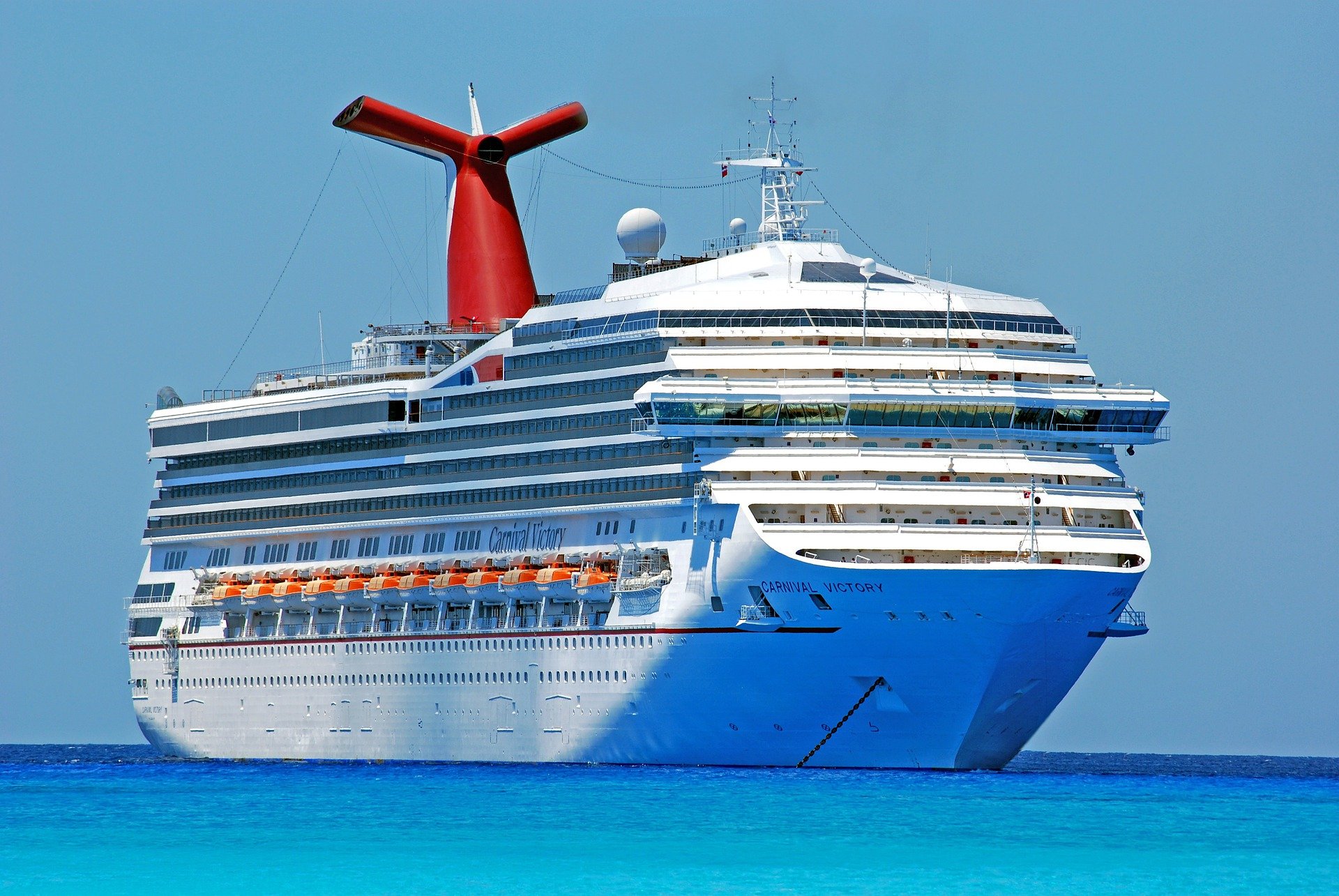NEWS & ARTICLES

Cruise passenger claims for injuries occurring during disembarkation at the ports of Málaga (Spain) and Havana (Cuba).
Jervis Kay QC issued in 2018 two judgments arising from the claims of two passengers against TUI UK (Thomson Cruises).
The first judgment (the Jennings case) deals with a claim brought by the claimant that suffered an incident in 2014 at the port of Málaga. The Claimant’s case was that he had passed through the “port” or door in the ship’s side and had crossed to the lateral fixed walkway, had entered the walkway from leading to the terminal and had reached the corner where there was a right angle turn to the tight into the part of the walkway which ran down to the terminal building. When he was at the corner he slipped on a wet surface, fell over and suffered injury. The Claim is brought pursuant to the Athens Convention. Alternatively, the claim it is pursued under the Package Travel Regulations 1992 (“PTR 1992”).
The second judgment deals with a similar situation but in Havana, Cuba (The Mahapatra case). On the 9th January 2017 the Claimant caused a claim form to be issued against the Defendant alleging that she slipped on standing water on what has been described as the “gangway”. The basis of the claim is that the Claimant had disembarked from an exit in the side of the ship, had passed over the gangway which is between the ship and the permanent walkway which, as is apparent from the photographs provided, is a fixed structure leading to the passenger terminus situated in the port. She had apparently reached a position on that permanent walkway when she slipped and was injured.
In both judgments Jervis Kay QC refused the claimants’ claims. In the Jennings case on the basis that the accident took place outside the scope of the 1974 Athens Convention and the claimant had failed to prove the alternative case, namely that any liability could be established against the defendant based on the Package Travel Regulation.
In the Mahapatra case, the judge found as well that the accident took place in a structure that was outside the scope of the 1974 Athens Convention as was operated by the port authority and therefore that the Claimants had no case under the 1974 Athens Convention as the situation was covered by the exception of Art, 1(8) where carriage is defined as “with regard to the passenger and his cabin luggage, the period during which the passenger and/or his cabin baggage are onboard the ship or in the course of embarkation or disembarkation.” “However, with regard to the passenger carriage does not include the period during which he is in a marine terminal or stating or on a quay or in or on any other port installation.”
These cases offer useful guidance as to the interpretation of Art. 1(8) of the 1974 Athens Convention in the light of English law.
Copies of the judgment are found here: Jennings @ Málaga, Mahapatra @Havana.
Arizon Abogados S.L.P
www.arizon.es

